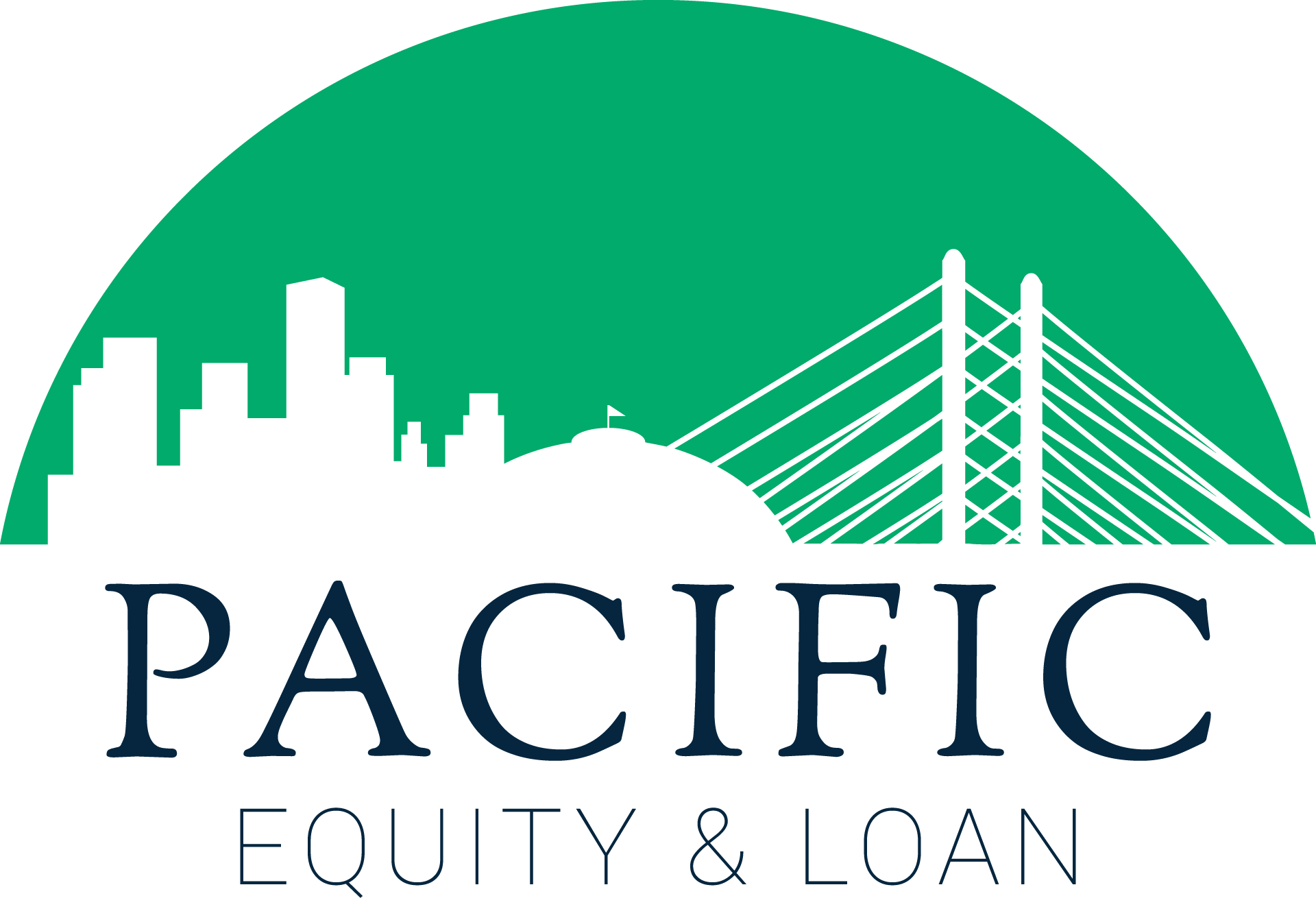Are you new to the world of Hard Money? Let’s say you’re interested in flipping homes and have discovered that one of the best ways to fund your project is through a hard money lender. However, as you start looking for local lenders, you come across confusing terms like “LTV,” “ARV,” and “CLTPP.” Don’t be intimidated! While these terms may seem overwhelming initially, they will become second nature after a few projects.
After all, it’s essential to have a general understanding of these hard money terms before seeking your first loan. Familiarize yourself with these terms to ask the right questions, secure the best deal, and find the ideal hard money lender for your needs.
To assist you, here are five hard money terms you should know before taking out your first loan:
5 Common Hard Money Terms
- LTV (Loan-to-Value): The Loan-to-Value ratio, or LTV, is a crucial factor in hard money lending. This ratio represents the percentage of the property’s value that the lender is willing to finance. It measures the equity within a deal, with lenders preferring sufficient LTV or equity to protect against loan default. For example, if the property is worth $100K and the lender lends you $70K, the loan would have a 70% LTV. Higher LTV means lower risk for the lender and demonstrates your commitment to the project.
- LTC (Loan-to-Cost): The Loan-to-Cost ratio, or LTC, is another important metric in hard money lending. This ratio compares the loan amount to the total project cost, including acquisition, construction, and renovation expenses. Dividing the loan amount by the total cost gives you the LTC ratio. For instance, if the project cost is $200K and the loan amount is $150K, the LTC ratio would be 75%. A lower LTC ratio indicates more of your own capital invested and reduces the lender’s risk.
- Rate: The rate is the interest rate charged on the loan, representing the percentage of the loan amount you pay to the lender at regular intervals. For example, a $100K loan with a 12% rate and 12-month term means paying $1K monthly until fully repaid. Understand the rate to assess affordability and plan your finances accordingly.
- Processing Fees: Processing fees are charges imposed by the hard money lender to cover the costs associated with creating the loan. These fees include application processing, loan underwriting, funding, and other administrative services. Processing fees can vary among lenders, and it’s important to inquire about them upfront.
Moreover, these fees are typically paid at the loan closing and should be considered when evaluating the overall cost of the loan.
- Points: Points, also known as origination fees or lender fees, are an additional cost associated with hard money loans. Each point represents one percent of the total loan amount. These fees are charged to cover the administrative costs of the loan and are paid upfront at loan closing.
Lenders employ points as a way to mitigate their risk and ensure compensation for their services. It’s essential to understand the number of points charged by a lender and factor them into your cost analysis.

Endnote
By keeping these key hard money terms in mind, you have gained the foundational knowledge necessary to understand the intricacies of the loan process. When you approach a hard money lender for your next project, ensure that you inquire about their rates, points, and other origination fees. Additionally, find out the LTV and LTC ratios they typically offer. Comparing this information with other lenders is crucial to making an informed decision.
With this understanding, you will have the power to ask the right questions and identify the lender who can provide you with the most favorable terms for your project while still ensuring a profitable investment. Remember, conducting a thorough comparison and analysis will enable you to secure the best deal, maximizing your chances of success in the real estate market.
When it comes to financing fix and flip projects, consider partnering with a trusted lender like Pacific Equity & Loan. Our expertise in hard money lending, combined with our commitment to client success, sets us apart. By choosing Pacific Equity & Loan, you’ll have the advantage of working with a team of dedicated professionals who will guide you every step of the way, ensuring a smooth and successful experience. Don’t miss out on the opportunity to maximize your investment potential – contact Pacific Equity & Loan today to explore the possibilities of securing the best financing solution for your project.
Citations
“Learning The Basics of Borrowing Hard Money” YouTube, uploaded by Flipping Mastery TV, 11 December, 2018, https://www.youtube.com/watch?v=_a8DRGSTGlI
“How Hard Money Loans Work! Easy Guide To Hard Money Loans For New Investors!” YouTube, uploaded by Sean Pan Real Estate Investing, 12 September, 2019, https://www.youtube.com/watch?v=_-ns8rXVwl8
“Hard Money Terminology Glossary.” We Lend Money™, 7 Apr. 2016, welend.money/hard-money-glossary-of-terms/.







